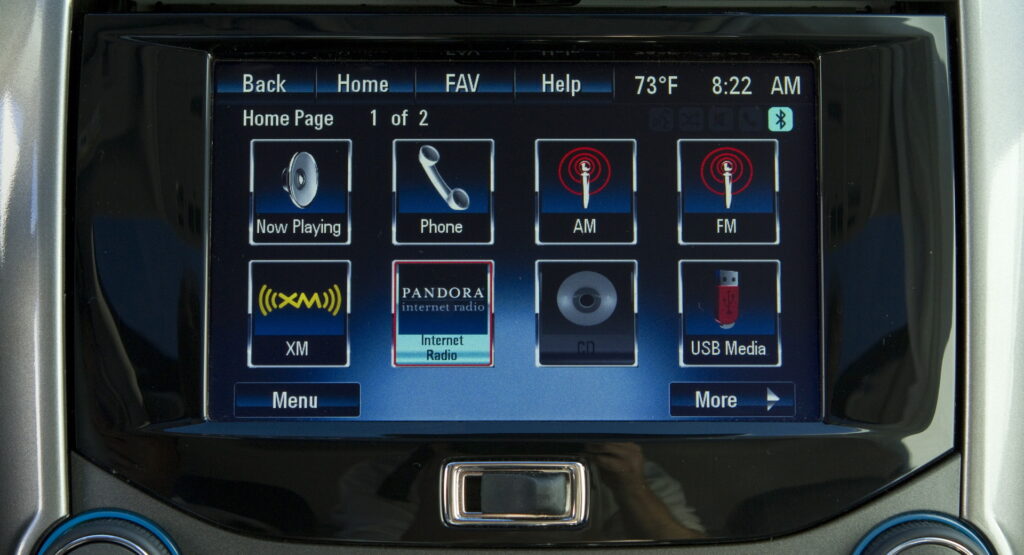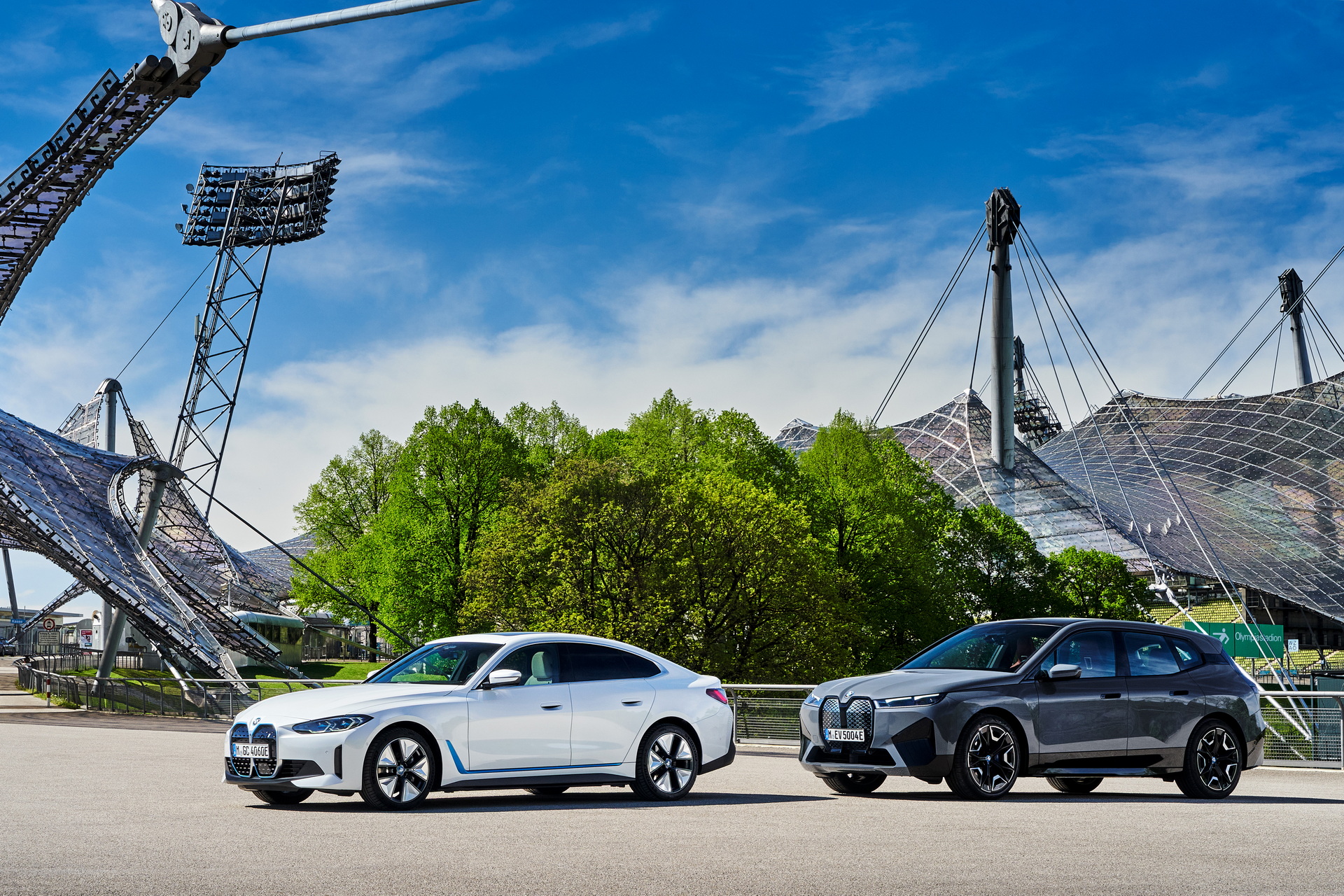Edward J. Markey, a U.S. Senator for Massachusetts, has sent a letter to 20 automakers, asking them to maintain support for AM radio in their vehicles. The free service, he argues, is an important tool that allows governments and public safety authorities to communicate with large numbers of people.
“Despite innovations such as the smartphone and social media, AM/FM broadcast radio remains the most dependable, cost-free, and accessible communication mechanism for public officials to communicate with the public during times of emergency,” said Senator Markey. “As a result, any phase-out of broadcast AM radio could pose a significant communication problem during emergencies.”
Senator Markey is a member of the Senate Commerce, Science, and Transportation Committee and, according to Masslive.com, has also sent a direct letter to Sebastian Mackensen, the CEO of BMW of North America. The German automaker, as well as Ford, have been singled out because some of their vehicles, in particular their electric vehicles, have started being offered without AM radio.
Read: Tesla Brings Back Radio To Its Cars But It Costs $500
“Before the COVID-19 pandemic, nearly 90% of Americans ages 12 and older—totaling hundreds of millions of people—listened to AM or FM radio each week, higher than the percentage that watch television (56 percent) or own a computer (77 percent),” Markey wrote in his letter to Mackensen, citing the PEW Research Center.
That hasn’t stopped Ford and BMW from no longer offering the service on vehicles like the BMW iX, i4, and i7, as well as the Ford F-150 Lightning. The discontinuation of the service has been blamed on EVs, whose electric components operate on a similar wavelength as AM radio, causing interference in the signal. Speaking to Autoweek, Ford spokeswoman, Emma Bergg, cited that as the reason for discontinuing AM radio in the F-150 Lightning.
“The frequencies involved in AM radio tend to be directly affected by the electromagnetic noise in EV propulsion systems,” she said. “It takes extra investment to make AM work in an EV, and quality can be compromised as well.”
Neither it nor BMW has fully given up on AM radio programming, though. Both companies decided to stop supporting the reception of AM radio waves now that services like TuneIn offer consumers a way to listen to most AM stations over the internet.
Despite that, Senator Markey insists that there should be a future for old-fashioned AM radios in the EVs of the future, and he’s joined by the former head FEMA, Pete Gaynor. In a recent open letter, published by The Detroit News, he argued that in times of emergency, such as during a hurricane, services like the internet can go down, making broadcast radio an important tool for communities.
“While leading FEMA, I saw for myself just how vital radio, particularly AM radio, was to keeping the public informed about impending danger as well as critical recovery information,” he wrote. “During many high-profile disasters, radio provided the public an immense sense of security when many did not have any other lifelines or communication mechanisms available.”
In his letter, Senator Markey asked which companies have decided to discontinue AM and FM radio, which have plans to do so in the future, and which plan to offer free digital broadcast radio in their vehicles. He has asked automakers to respond by December 22.











